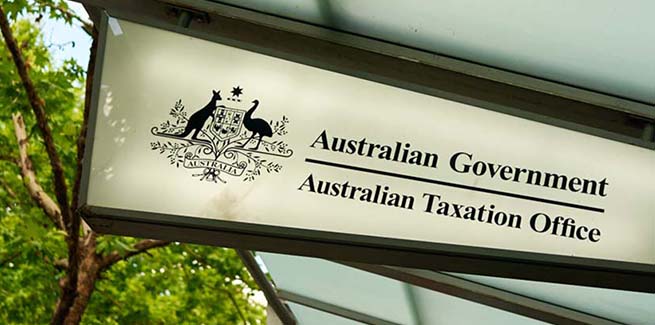The Australian Taxation Office (ATO) announced that it would be doubling the number of audits scrutinising property investors’ rental deductions this year to 4,500, after finding that nine out of 10 randomly selected claims contained an error.
“We are concerned about the extent of non-compliance in this area and will be looking very closely at claims this year,” ATO assistant commissioner Gavin Siebert said.
Mr Siebert noted that the Coalition government recently allocated additional funds in its 2019-20 budget to the ATO to extend its program of audits and reviews of rental properties.
As part of its crackdown, the Tax Office’s focus will be on “over-claimed interest, capital works claimed as repairs, incorrect apportionment of expenses for holiday homes let out to others, and omitted income from accommodation sharing”.
The assistant commissioner cautioned that the ATO’s methods for detecting “dodgy” claims are becoming increasingly advanced.
“We use a range of third-party information, including data from financial institutions, property transactions and rental bonds from all states and territories, and online accommodation booking platforms, in combination with sophisticated analytics to scrutinise every tax return,” he said.
“Where we identify claims of concern, ATO staff will investigate and prompt taxpayers to amend unjustifiable claims. If necessary, we will commence audits.
“Once our auditors begin, they may search through even more data, including utilities, tolls, social media and other online content, to determine whether the taxpayer was entitled to claims they’ve made.”
In cases where there have been deliberate attempts to over-claim, property investors can attract penalties of up to 75 per cent of the claim.
In the 2017-18 financial year, the Tax Office audited more than 1,500 taxpayers with rental claims, and issued penalties worth $1.3 million.
“This tax time, our message to taxpayers is clear. If you are renting out a room or a property, any money you earn must be declared as income and any deductions you claim may need to be apportioned for private use,” Mr Siebert said.
Recently released ATO data showed that property investors have been claiming more than $20,000 in negative gearing losses in some of the most expensive suburbs in Sydney and Melbourne.
For example, the average loss claimed on rental properties in Darling Point was more than $29,264 in the 2016-17 financial year, while in East Melbourne, the average loss was $20,717.
The loss was even higher in the postcode 7215 in Tasmania (which includes 15 suburbs), at an average of $58,366 during the same financial year.
Negative gearing has been a hotly debated topic in the lead up to the May federal election, with the Labor Party’s proposed housing affordability plan to limit negative gearing to new housing and reduce the capital gains tax discount from 50 per cent to 25 per cent being met with strong criticism.
New modelling from the Property Investment Professionals of Australia found that by limiting negative gearing and reducing the capital gains tax discount, the government would lose $32 billion in revenue over 10 years.
Industry pundits also warned that Labor’s proposal would exacerbate the fall in house values.
[Related: NZ government scraps capital gains tax]
 ;
;
